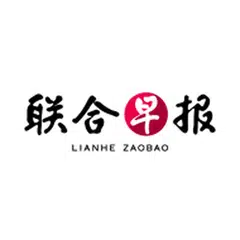Can Macau's economy move beyond the gambling and gaming industry?
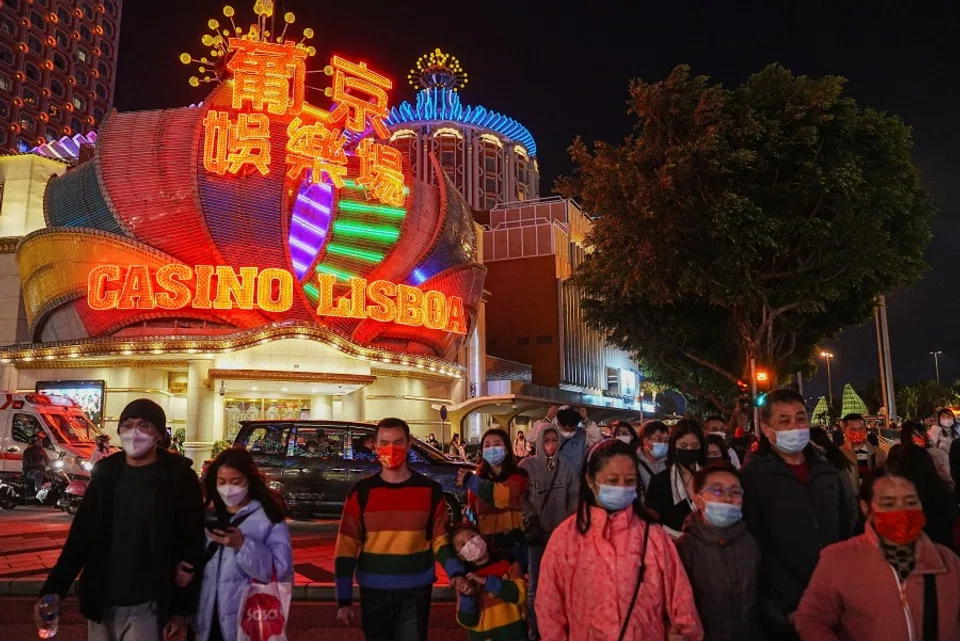
This Chinese New Year saw crowds returning to the streets of Macau, where tourism is a key economic pillar. With mainland China relaxing border controls, many mainland tourists have flocked to Macau, returning this "gambling capital of the world" to its former glory.
Official data show that in the first five days of the Chinese New Year break from 21 January to 25 January, Macau received over 318,000 tourists, a jump of over 300% compared with last year. Tourist arrivals peaked at 71,678 people on 23 January, the highest single-day figure since Covid-19 broke out.
According to figures from the Public Security Police Force of Macau, over 180,000 tourists came from mainland China, a 155% increase from the previous year. About 118,000 came from nearby Hong Kong, a 2,700% increase.
Foreign wire news quoted a senior hotel manager as saying that many hotels and resorts along the famous Cotai Strip were fully booked for the Chinese New Year period.
The human wave flooded Rua de São Paulo (known locally as Dasanba Street, 大三巴街) - a popular spot for local delicacies. At one point, residents and tourists were restricted to a one-way route when making their way to the Ruínas de São Paulo, or the Ruins of Saint Paul's, as authorities tried to maintain crowd control.
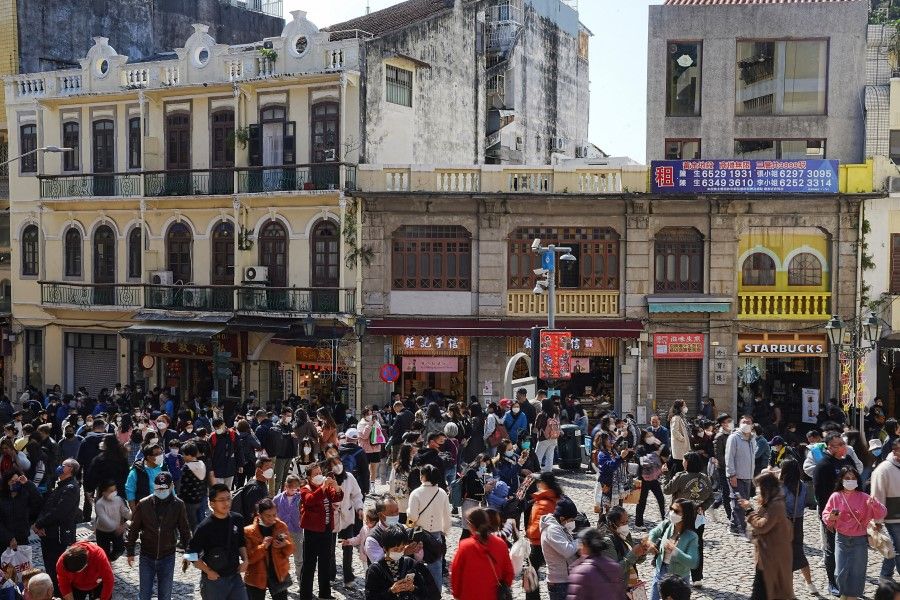
Shop owners were taken aback by the amount of people coming in and told AFP that they did not prepare enough goods, while taxi drivers told Bloomberg that the tourist numbers were "crazy".
Beijing's anti-corruption efforts and regulation of fund outflow over the past ten years, as well as the clampdown on illegal online and cross-border gambling in recent years, have gradually affected this goose's ability to lay eggs.
Rise and fall of Macau's gaming industry
It remains to be seen whether the recovery of Macau's tourism industry will maintain its momentum. However, what is certain is that Macau is trying to wean the economy off its dependence on the gaming industry.
Macau is the only city in China where gambling is legal. After Macau opened up gaming rights in 2002, the local gaming industry entered a period of extraordinary growth; in 2006, it overtook Las Vegas as the number one gambling city in the world.
Prior to the outbreak of Covid-19, the Macau government's total earnings in 2019 reached 133.5 billion Macau pataca (US$16.6 billion), with the gaming industry accounting for nearly 80% of that figure. The gaming industry also contributed 50% of Macau's GDP, and accounted for more than one-third of employment. For Macau's economy, the gaming industry is a goose that lays golden eggs.
However, Beijing's anti-corruption efforts and regulation of fund outflow over the past ten years, as well as the clampdown on illegal online and cross-border gambling in recent years, have gradually affected this goose's ability to lay eggs.
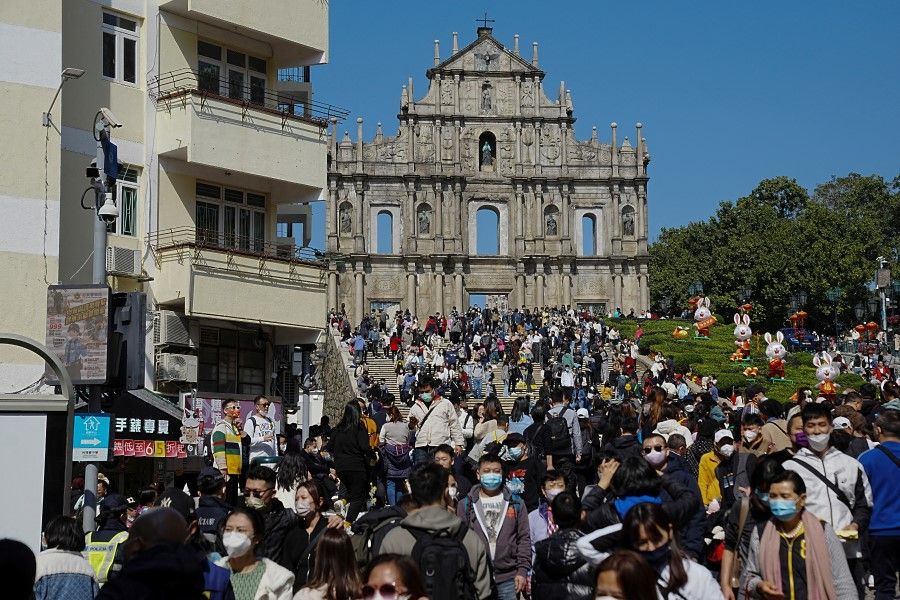
Furthermore, mainland China's strict zero-Covid policy and lockdowns after Covid-19 hit had a major impact on Macau's gaming industry. Bloomberg reported that Macau's gaming industry in December 2022 earned US$431.6 million, a 56% drop compared with the same period in 2021, and the lowest annual takings since 2004.
Now, analysts forecast that Macau's gaming industry will see a strong recovery with the return of mainland China tourists.
Gambling industry website Asia Gaming Brief reported that according to JPMorgan Chase analysts, Macau's gaming industry income is forecast at US$960 million, nearly one-third of pre-Covid levels.
Goldman Sachs also estimates that Macau's income from the gaming industry during the Chinese New Year period will recover to 60% of Chinese New Year earnings in 2019.
Strengthening controls over gaming industry
However, some gaming industry giants are not optimistic, because Beijing has not changed its tough stance on corruption, gambling and capital outflow, while the Macau authorities have been looking to reduce dependence on the gaming industry and diversify its economy.
AFP quoted a gambling industry consultant as saying that Macau is facing two difficulties: on the one hand, the Macau authorities have to show Beijing its support in not promoting gambling, while on the other, Macau is an open micro-economy, and its government has to ensure this source of tax income.
He thought it very unlikely that the only Chinese city where gambling is legal would let go of its means to bring in huge tax income.
In 2022, Macau's gaming industry also saw its biggest reform in 20 years.
The new gaming law marks an official end to the junket-centred system and the prevalence of VIP rooms across Macau.
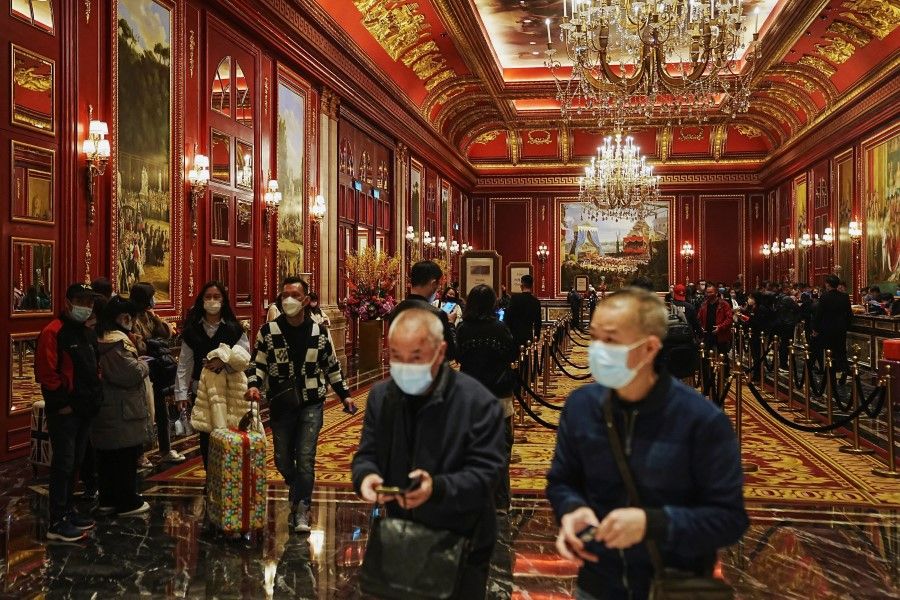
The authorities began a new round of bidding for gaming licenses in July 2022, and in December renewed the licenses of six existing gambling operators for another ten years.
More importantly, the new gaming law passed in June by the Legislative Assembly of Macau allows the government to carry out more regulation of casinos. Companies that manage casinos will only be able to collect management fees, and are no longer allowed to share the profits of entertainment venues or take a commission.
The new gaming law also continues to tighten up on agency operations, limiting the functions of junket operators and third-party VIP rooms, which are unique to Macau. They were first introduced in the 1970s and 1980s, and became the secret weapons for the success of Macau's casinos.
In most years from 2002 to 2020, gambling income from VIP rooms accounted for at least half of Macau's gaming industry income, even exceeding 70% in some years. The new gaming law marks an official end to the junket-centred system and the prevalence of VIP rooms across Macau.
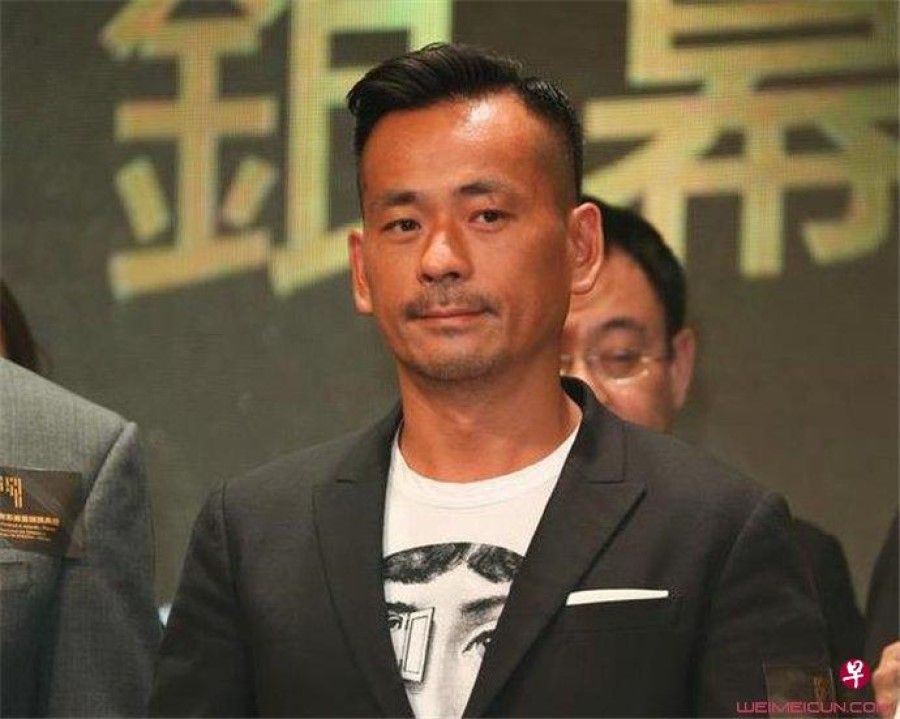
Suncity Group founder and casino tycoon Alvin Chau was the "junket king" of Macau's gambling scene. He was arrested in 2021 and slapped with 289 charges, including money laundering and illegal operation of casinos, and on 18 January was sentenced by the Macau courts to 18 years in jail, showing the authorities' hardline clampdown on casino junkets.
Exmoo News reported that Associação de Estudos Sintético Social de Macau president Kot Man Kam said that the gaming industry was dependent on regular guests and high rollers, with the latter being less prominent in Macau.
He noted that the VIP suite services that Macau casinos used to provide have ceased. Post-new gaming laws, the licensed agents providing such services has dwindled to just 36, a far cry from the 300 during the casinos' heyday.
He said, "High rollers will generally engage an agent, so if agent services do not resume, the gaming industry will most likely only recover to 60% to 70% of previous levels."
This also means that it will be difficult for Macau's gaming industry to relive its peak in the 2010s.
... the stakes are high for the six winning casino operators that have since pledged to invest US$14.9 billion to construct theme parks, convention and exhibition centres, fine dining restaurants and other entertainment venues.
Economic diversification in Macau
The Macau government is aware that the city must transform and move away from its reliance on the gaming industry to achieve sustainable economic development.
According to a Reuters report, the Macau government laid out conditions in the bidding process for new casino licences last year, requiring the new licence holders to prioritise safeguarding local employment, develop the city's overseas tourism market, and boost investment in non-gambling areas.
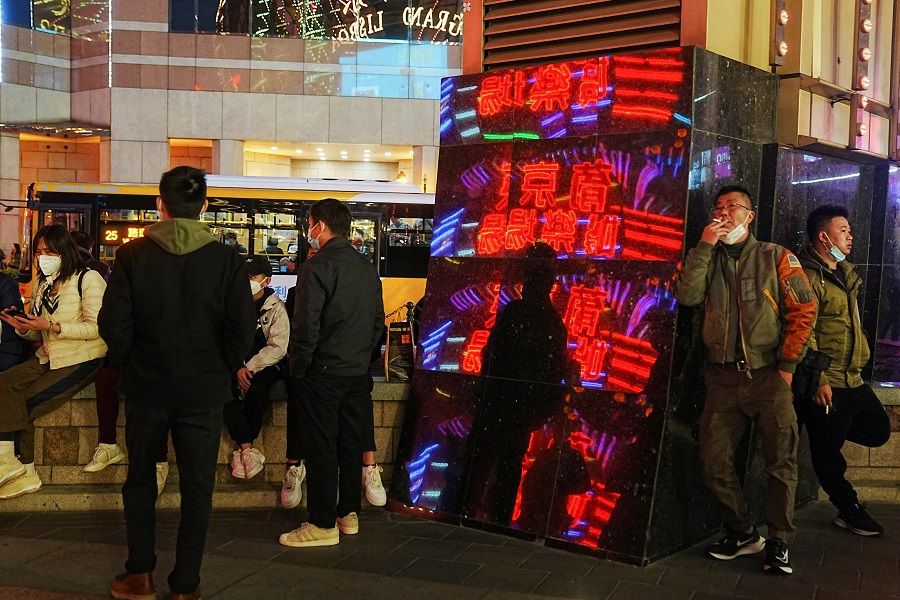
Having lost billions of dollars due to the strict pandemic containment measures over the past two years, the stakes are high for the six winning casino operators that have since pledged to invest US$14.9 billion to construct theme parks, convention and exhibition centres, fine dining restaurants and other entertainment venues.
Among them, Las Vegas Sands Corporation said in a report to investors on 26 January that the company will invest at least US$3.8 billion in Macau over the next ten years as part of the renewal of its concession to operate casinos in the market. About 92% of the planned expenditure is earmarked for non-gambling attractions, including conference halls, entertainment facilities and a new garden attraction.
In his Policy Address for the Fiscal Year 2023, Macau Chief Executive Ho Iat Seng pointed out that the city faced two urgent tasks of ensuring a speedy economic recovery and facilitating diversification. In particular, he was aiming for the non-gaming industry to account for about 60% of Macau's GDP in the future.
Ho said that diversification was the only way to solve deep-rooted conflicts and problems in Macau's economic and social development, adding that although the process would be a long and arduous one, the hurdle must be crossed to prevent the same problem from recurring in the future.
Analysts: a challenge to profit from non-gaming industry
However, since Macau's non-gaming industry has underperformed in the past few decades, analysts believe that it would be a challenge to make substantial profits from these sectors.
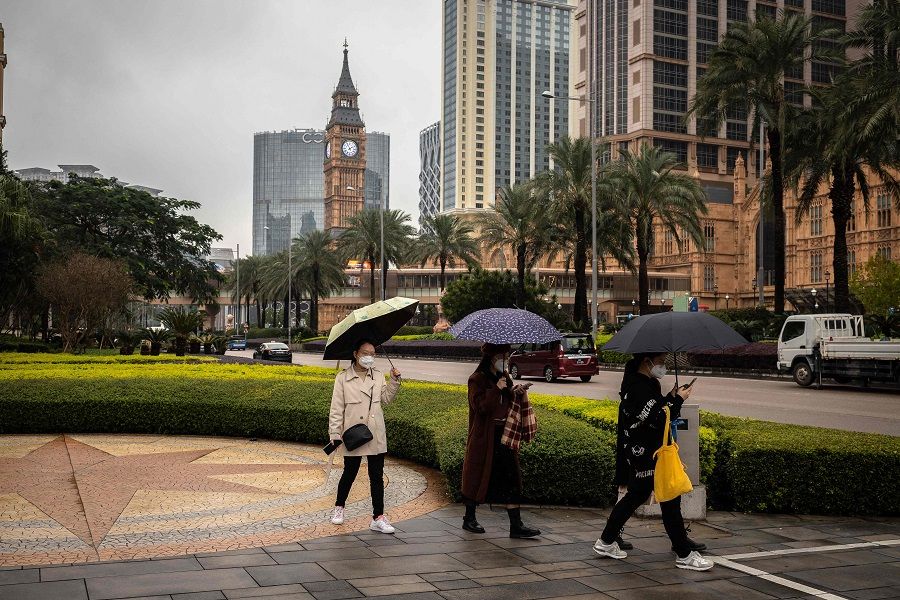
Ben Lee, managing partner of gaming consultancy IGamiX, said that before the pandemic, Macau's non-gaming revenue averaged around 5% of overall gaming revenue, a figure that must grow to over 30% in the next decade. He noted, "For the past 20 years, none of the operators has managed to establish any significant progress in non-gaming."
Lee said that as Macau's consumer behaviour was different from that of Las Vegas, it was not possible to make the same profit from non-gaming businesses. Moreover, Galaxy, Melco and Sands were likely to perform better at diversifying based on their rich experience and mature management teams.
Las Vegas's non-gaming revenue has long surpassed its gaming revenue.
Las Vegas's transformation
Once the gambling capital of the world, Las Vegas has now transformed into the "entertainment capital of the world" because of its diverse array of entertainment offerings.
Also, Las Vegas's non-gaming revenue has long surpassed its gaming revenue. The Motley Fool reported in August 2022 that casino revenue only accounts for approximately 25% of total revenue made by the resorts and companies in the Las Vegas Strip. Over the past 20 years, resorts no longer rely on high rollers but instead focus more on non-gaming activities such as hotel stays, dining, entertainment and shopping.
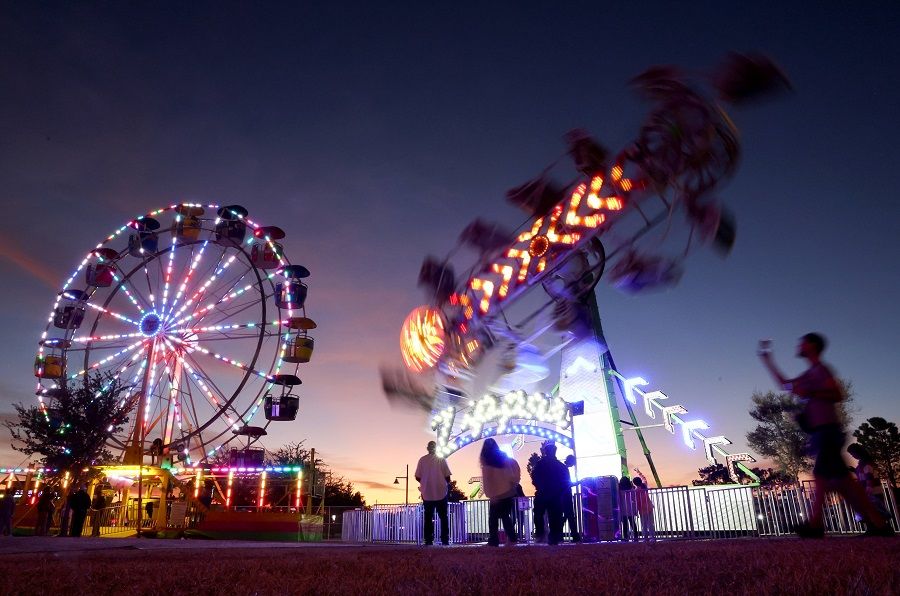
In fact, to meet market demand, this desert city underwent two transformations in 100 years.
The first transformation occurred in the late 1970s, when the city transitioned from being gambling oriented to a family-friendly destination as a result of external market competition. The second transformation happened in the early 21st century, when the family-oriented tourism industry slowly morphed into a diversified and comprehensive tourist destination offering a broad scope of entertainment options such as gaming and leisure, adult experiences, luxury shopping and business conventions.
During this period, Las Vegas also boosted investments in MICE tourism, attracting high-profile exhibitors to conduct business conventions in the city with the pull of its gaming industry, thus bringing mutual benefits to both sectors.
Las Vegas offers daily entertainment and attracts a massive number of international travellers. In comparison, over 90% of Macau's tourists come from mainland China and Hong Kong...
A long way to go
Currently, Macau's non-gaming attractions are mainly focused on retail and dining, as well as entertainment, such as Melco's nightclubs, Galaxy's cinema, and Sands' Venetian and Parisian integrated resorts. Evidently, Macau's non-gaming scene is less vibrant compared with that of Las Vegas.
Las Vegas offers daily entertainment and attracts a massive number of international travellers. In comparison, over 90% of Macau's tourists come from mainland China and Hong Kong, prompting the Macau government to require casino operators to attract foreign tourists as part of their new contracts.
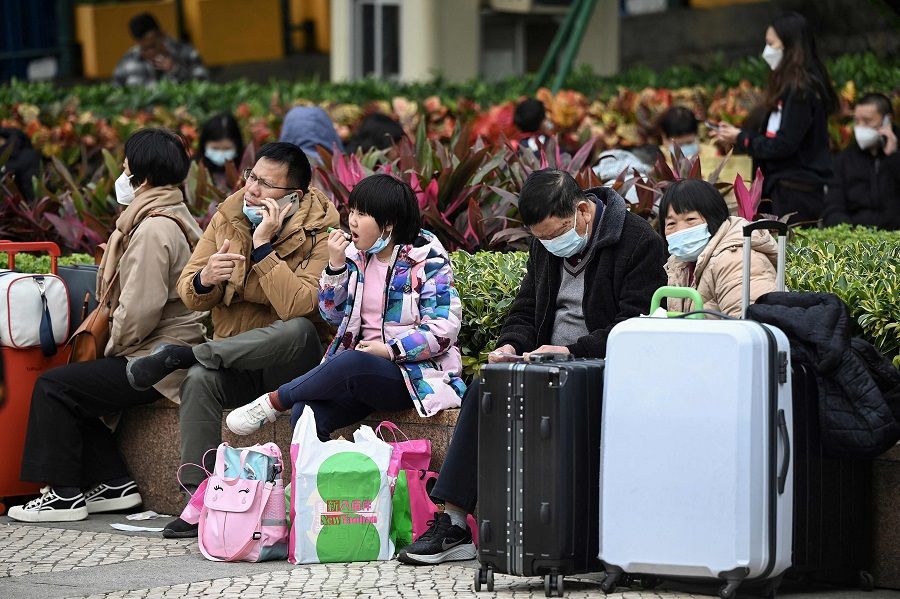
David Green, founder of Newpage Consulting, believes that the development of Macau's non-gaming industry faces daunting challenges because it lacks connectivity with international markets, has dilapidated infrastructure and is short of skilled labour.
Green added that the city has few direct flights from potential markets outside mainland China, while transport within the city is also limited. He said, "There is no indication that I have seen that the government is, or intends to address these weaknesses. Given the serial mismanagement of public works... it leaves concessionaires with a less than optimal host attraction proposition."
Macau's scarce land resources also hinders the development of its non-gaming sector, while competition in MICE tourism is stiff from destinations such as Hong Kong, Singapore and from within mainland China itself.
Alidad Tash, managing director of consultancy 2nt8, said that the biggest challenge for Macau operators is that residents in mainland Chinese cities can already hold their own conventions, go to restaurants, watch shows and go shopping back home. He said, "What they come to Macau primarily for is the one thing that is not legally allowed within China: gambling."
In the short term, Macau's economy and livelihoods would clearly still be dependent on the gaming industry as it gradually returns to normalcy. In the long term, the city must address some of its infrastructural limitations to facilitate the development of the non-gaming sector.
However, as is the case with Las Vegas, any sort of transformation will require a massive amount of time and resources. But the transformation's success would depend on whether the authorities can introduce attractive products and services and create a uniquely Macau travel experience.
This article was first published in Lianhe Zaobao as "澳门少了赌还有什么吸引力?".
Related: Macau's 'junket mogul' and his unnerving name list of Chinese gamblers | Taking a long hard look at Macau's stellar performance | China's grand plans to further integrate Hong Kong and Macau. Will they work? | From Hong Kong movies to Greater Bay Area movies: A new Hollywood of the East in making?
